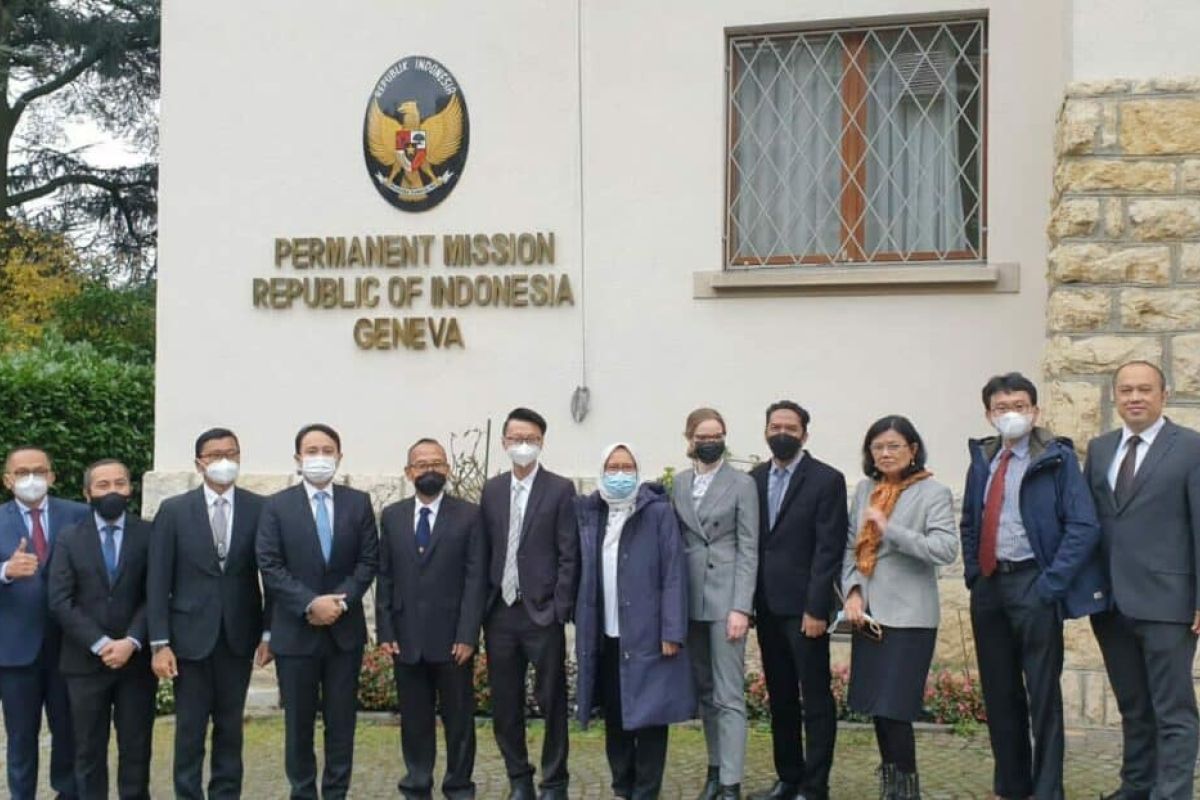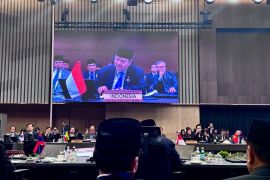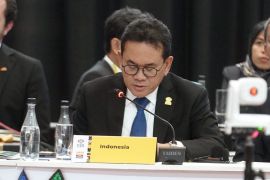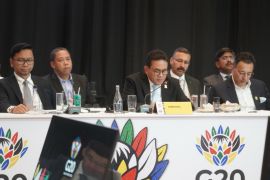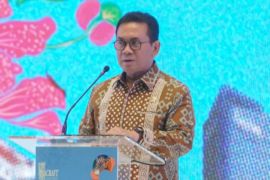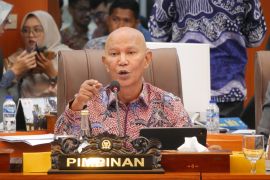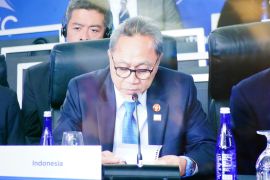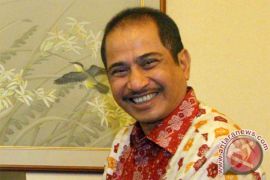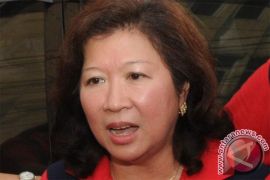The WTO panel led by Leora Bloomberg invited the disputing parties and a third party to hold a virtual session before the WTO panel in Geneva, Switzerland.
In a series of sessions held in November 2021, the panel studied the documents pertaining to the EU’s lawsuit and Indonesia’s defense.
“In its lawsuit, EU has opined that Indonesia has violated the commitment of WTO members to give as wide access as possible to international trade including raw nickel, which clearly violates Article XI.1 of GATT 1994,” deputy for investment and mining coordination at the Coordinating Ministry for Maritime Affairs and Investment, Septian Hario Seto, said in a written statement released on Thursday.
The Indonesian team of lawyers, led by Vice Trade Minister Jerry Sambuaga, comprised the deputy for mining and investment at the Coordinating Ministry for Maritime Affairs and Investment, the director general of international trade negotiations at the Trade Ministry, the deputy Indonesian permanent representative to the UN, WTO, and other international organizations in Geneva, and officials from the Coordinating Ministry for Maritime Affairs and Investment, the Trade Ministry, and the Energy and Mineral Resources Ministry.
The Indonesian delegation pointed out the reason behind the nickel ore export ban, saying it is justified based on WTO rules and aligns with the reason for the establishment of WTO in 1995, Seto said.
Earlier, President Joko Widodo (Jokowi) said the government will use every available way to challenge the lawsuit.
“Don’t drag us to WTO apparently because we stop exporting nickel ore. We will challenge it through whatever ways,” he said at a seminar held by Kompas 100 CEO Forum recently.
The President recalled that when he attended the G20 Leaders' Meeting in Rome, Italy, on October 30–31, 2021, many state leaders drew attention to Indonesia’s nickel ore export ban.
The President said he told the state leaders that the ban is aimed at developing the downstream nickel industry through which the country can create as many jobs as possible for its people.
“If we export nickel ore to Europe and other countries, then they can create jobs for their people and we will get nothing,” he added.
Indonesia’s nickel ore export ban, which took effect on 1 January, 2020, is aimed at adding value to nickel, he said.
Indonesia's ban on nickel ore exports is stipulated in Law No.3/2020 on minerals and coal, according to which nickel must be processed in the country’s smelters before being exported.
However, the EU has alleged the ban has ruined the bloc’s efforts to excel in the world’s stainless steel industry, as nickel ore is a vital ingredient for stainless steel production.
Indonesia is the world’s second-largest producer of stainless steel after China.
Related news: Ready to fight any lawsuit over raw material export ban: Widodo
Related news: Improve tin management to replicate nickel industry's growth pace: MP
Related news: DEN encourages construction of nickel smelter in Indonesia
Translator: Ade irma Junida, Suharto
Editor: Sri Haryati
Copyright © ANTARA 2021
